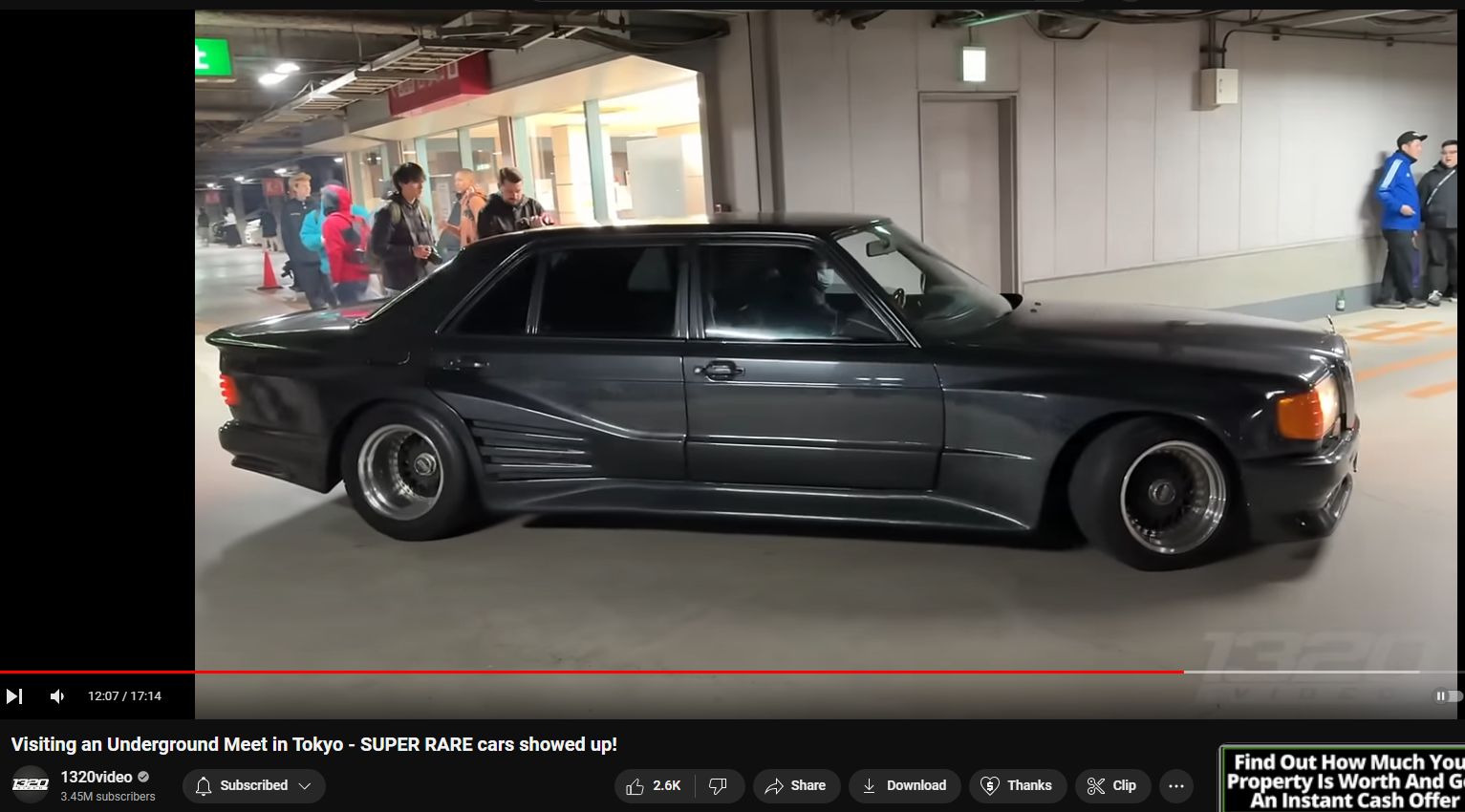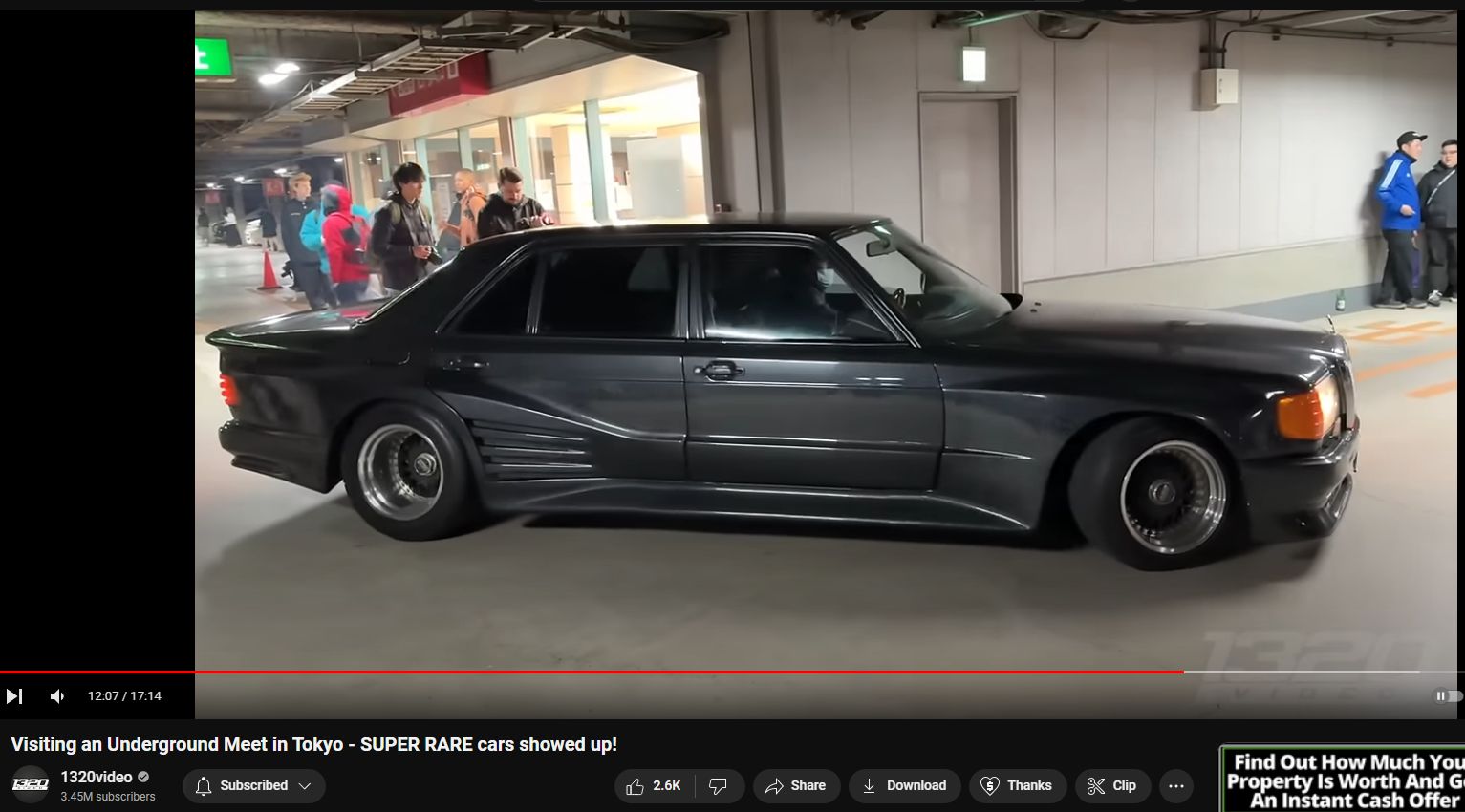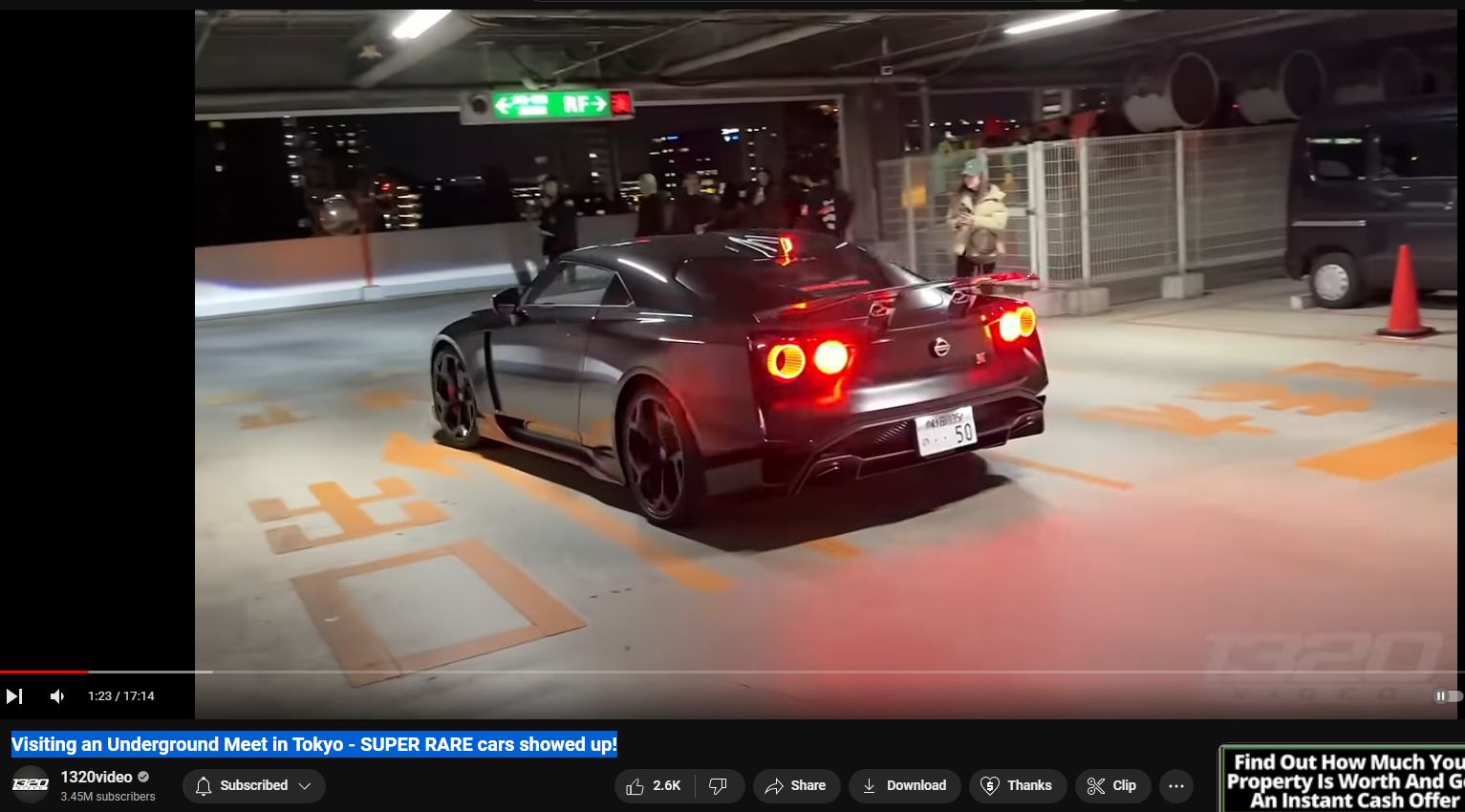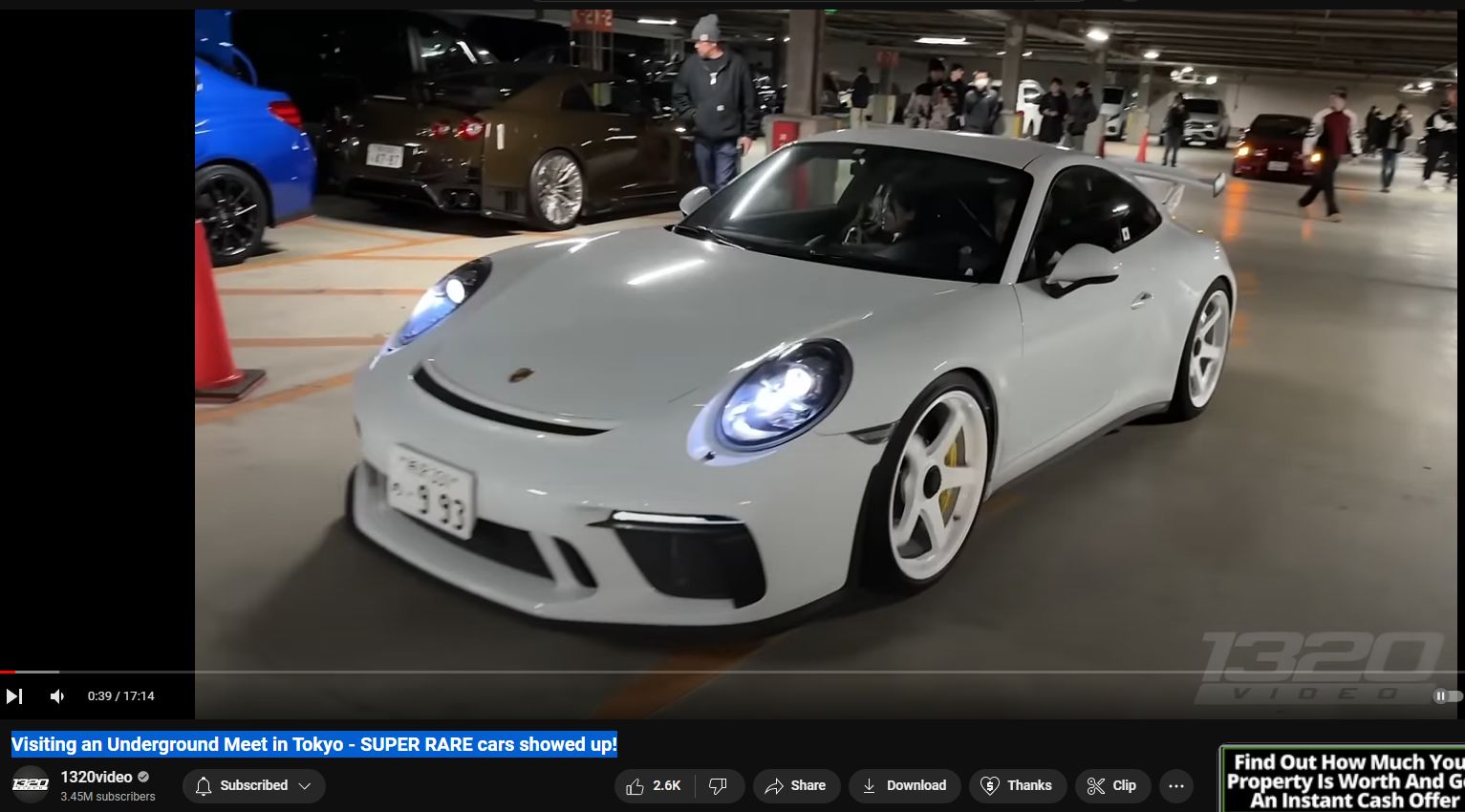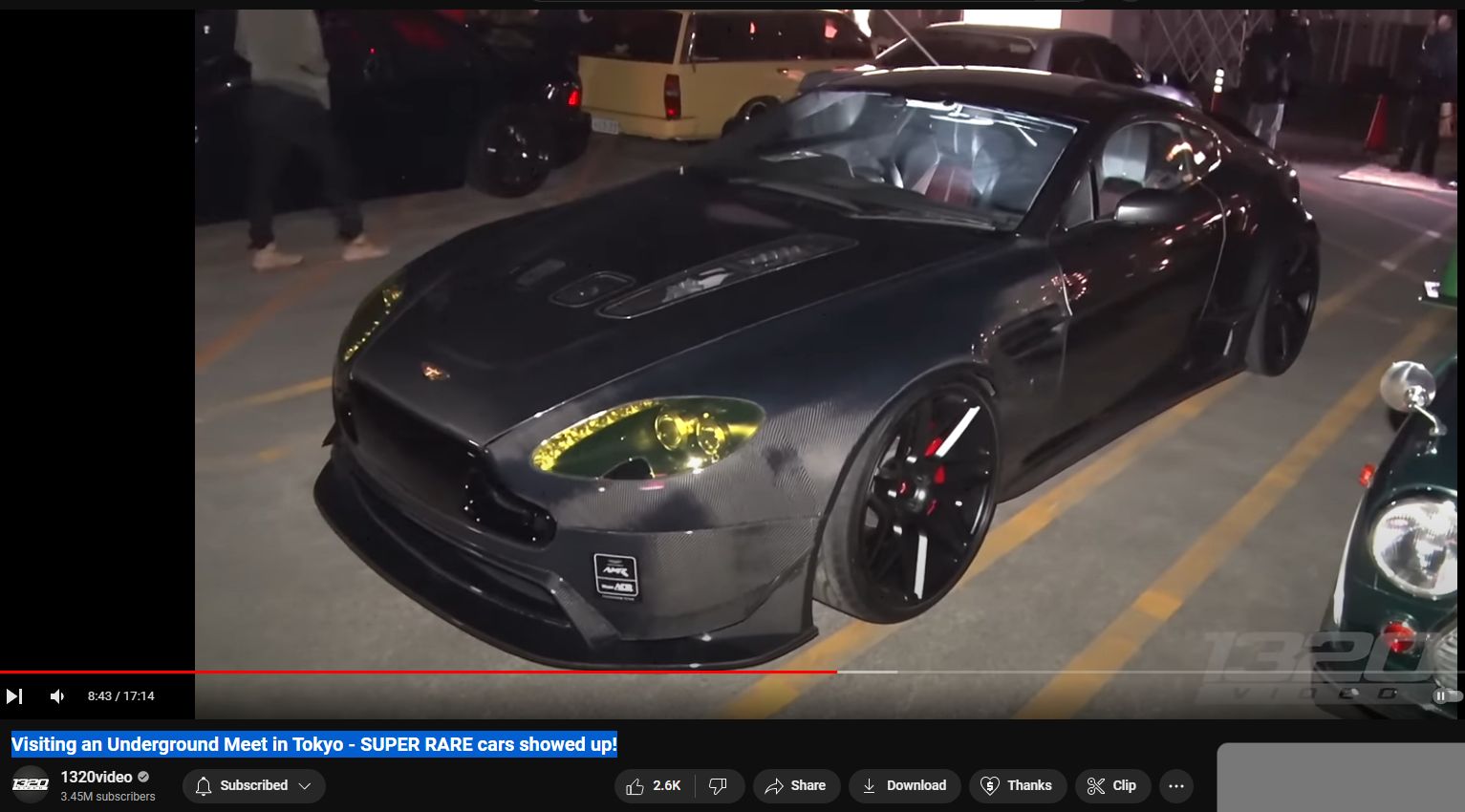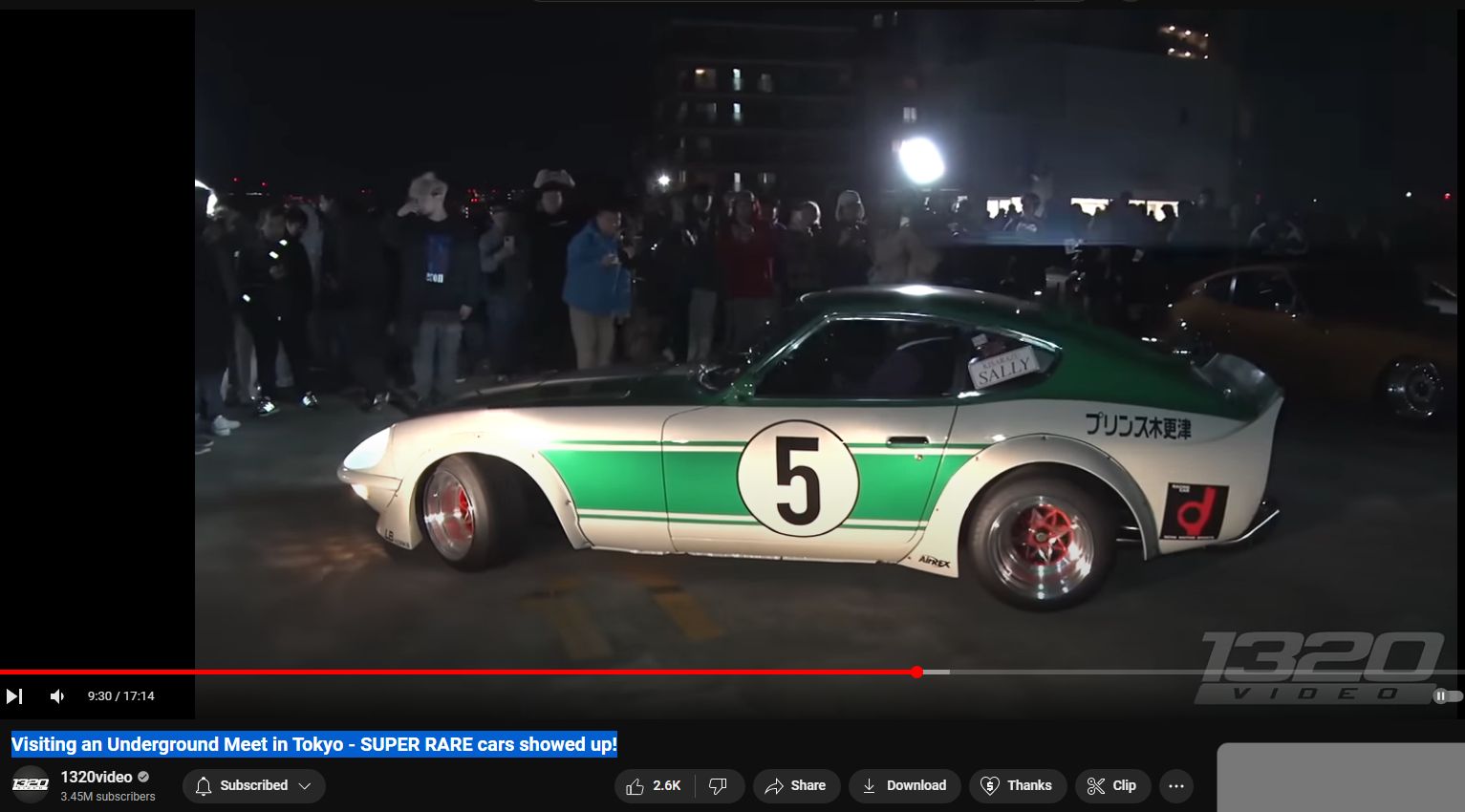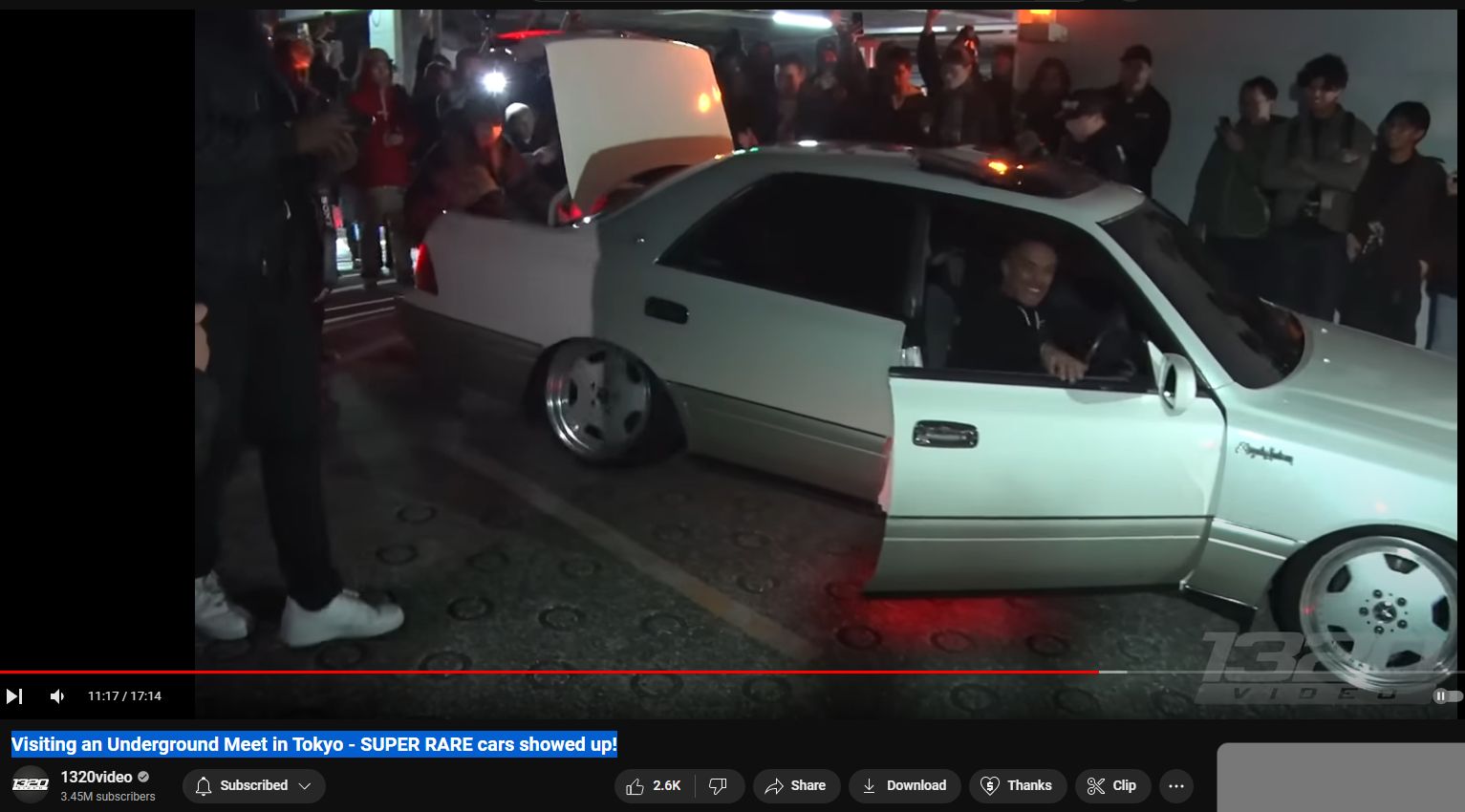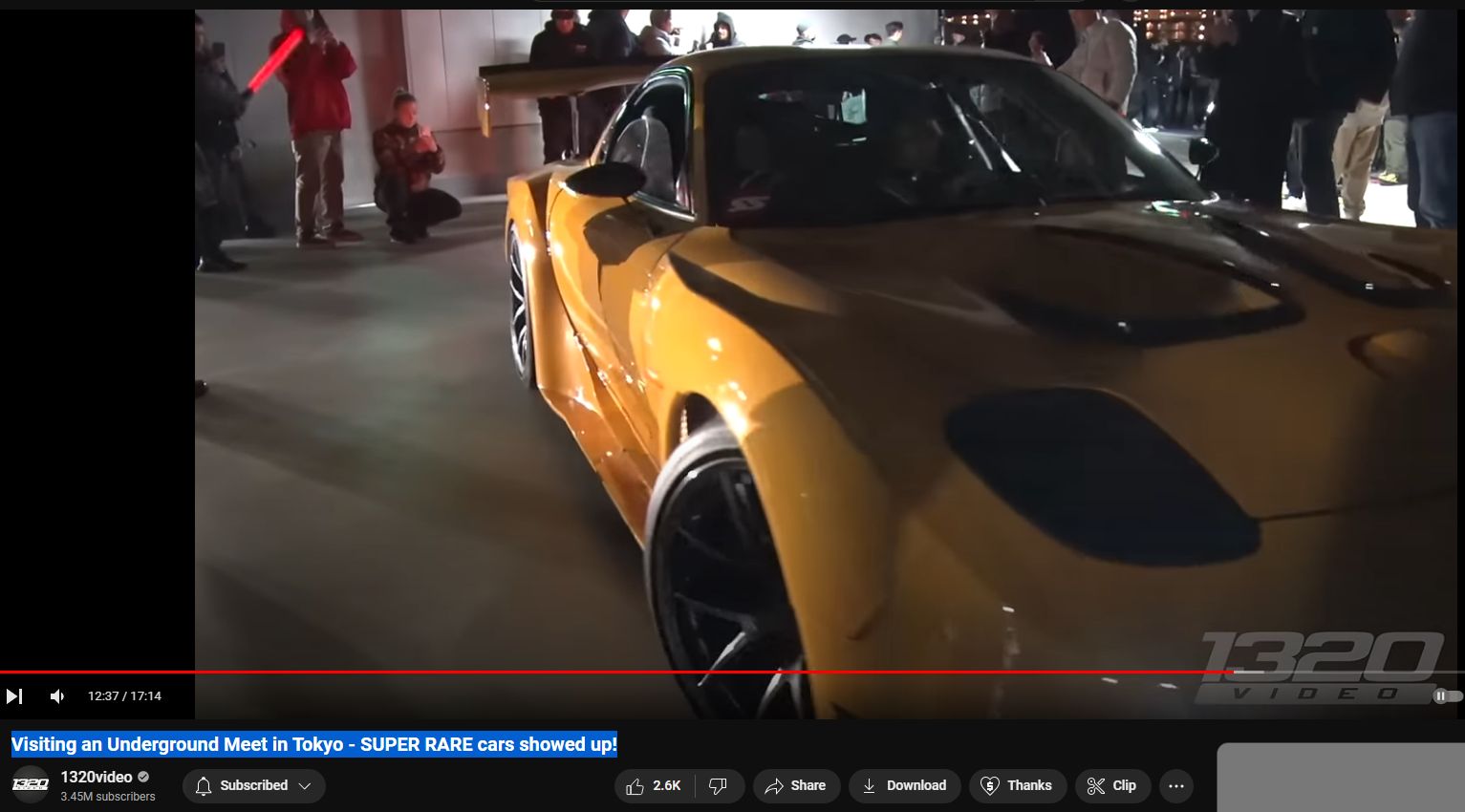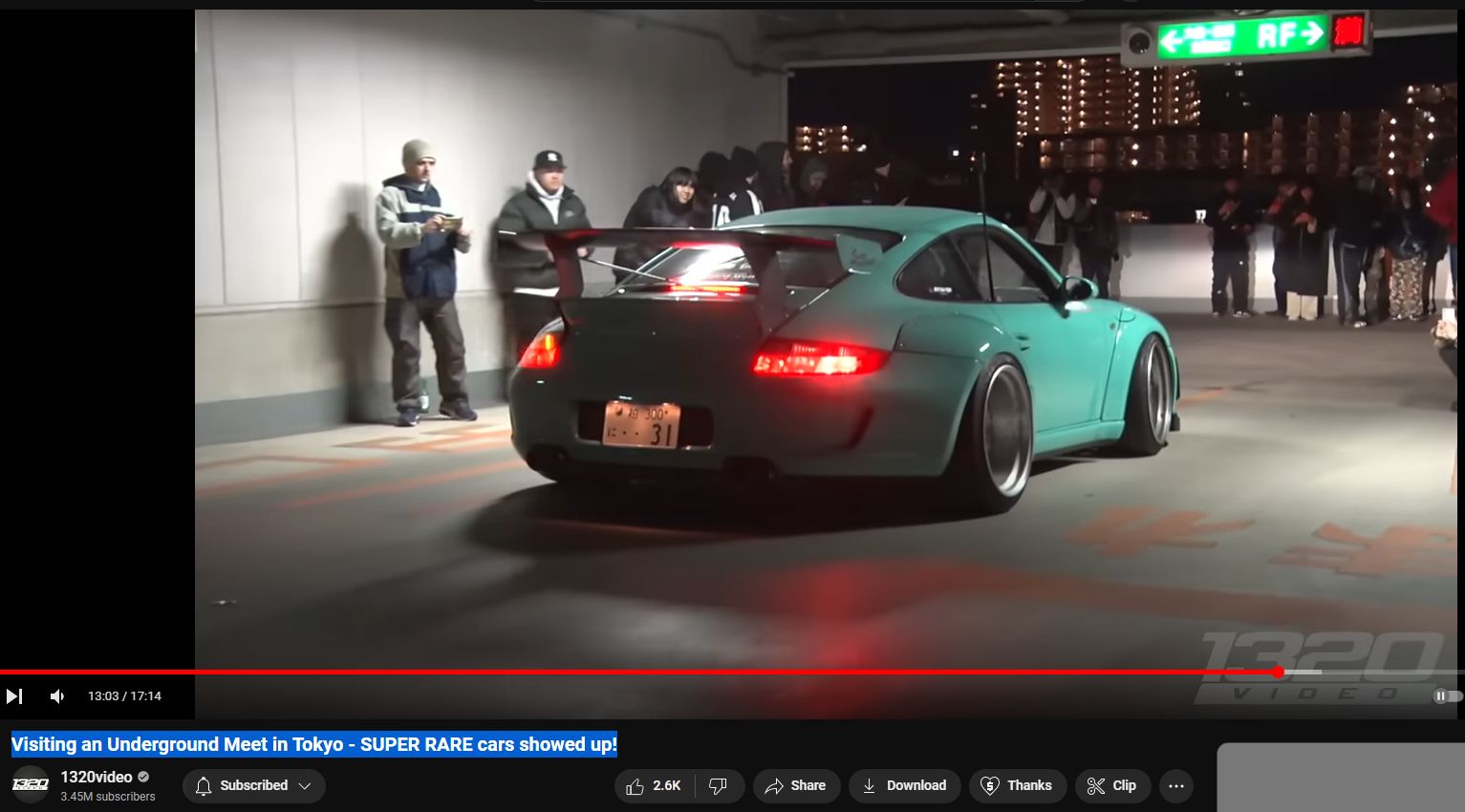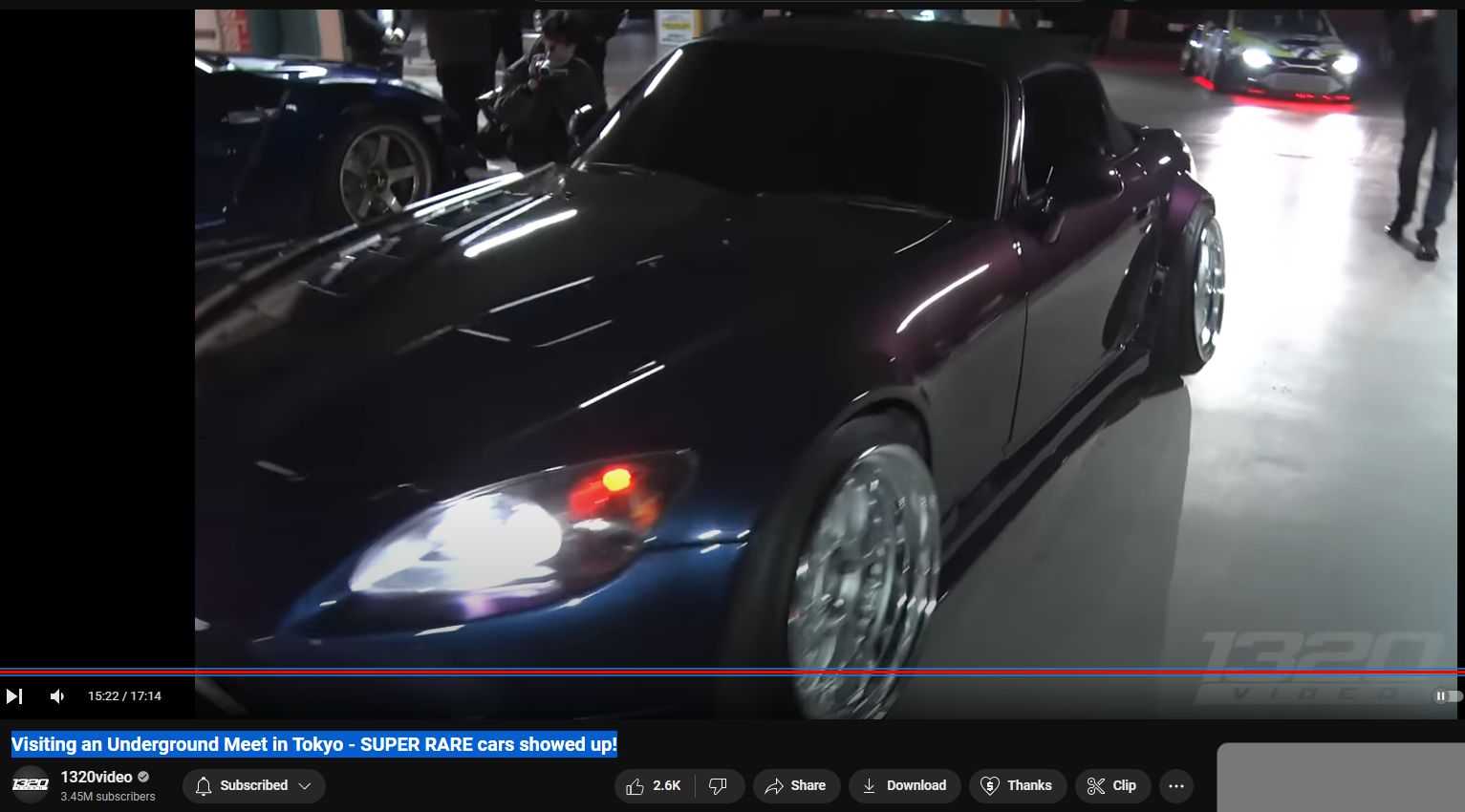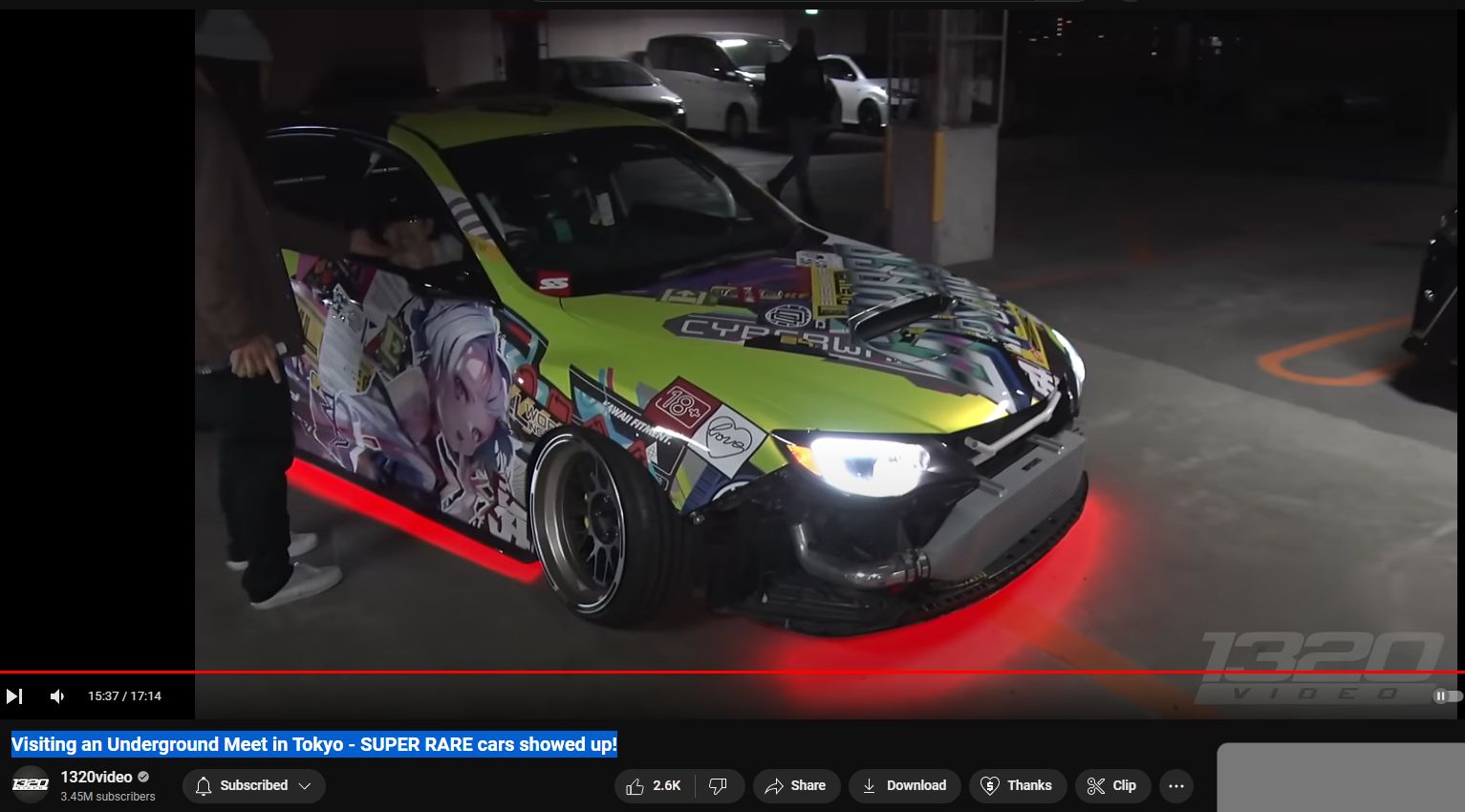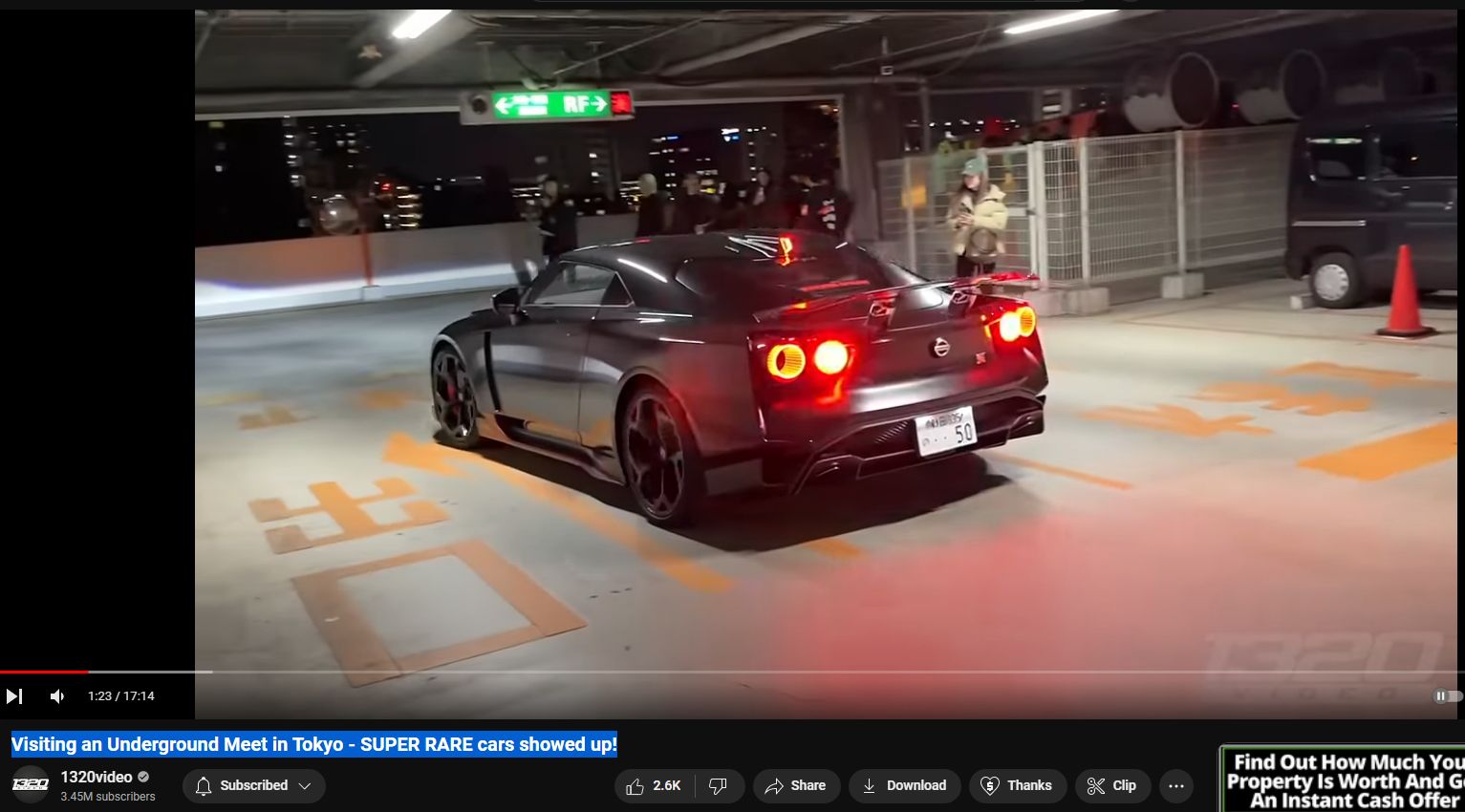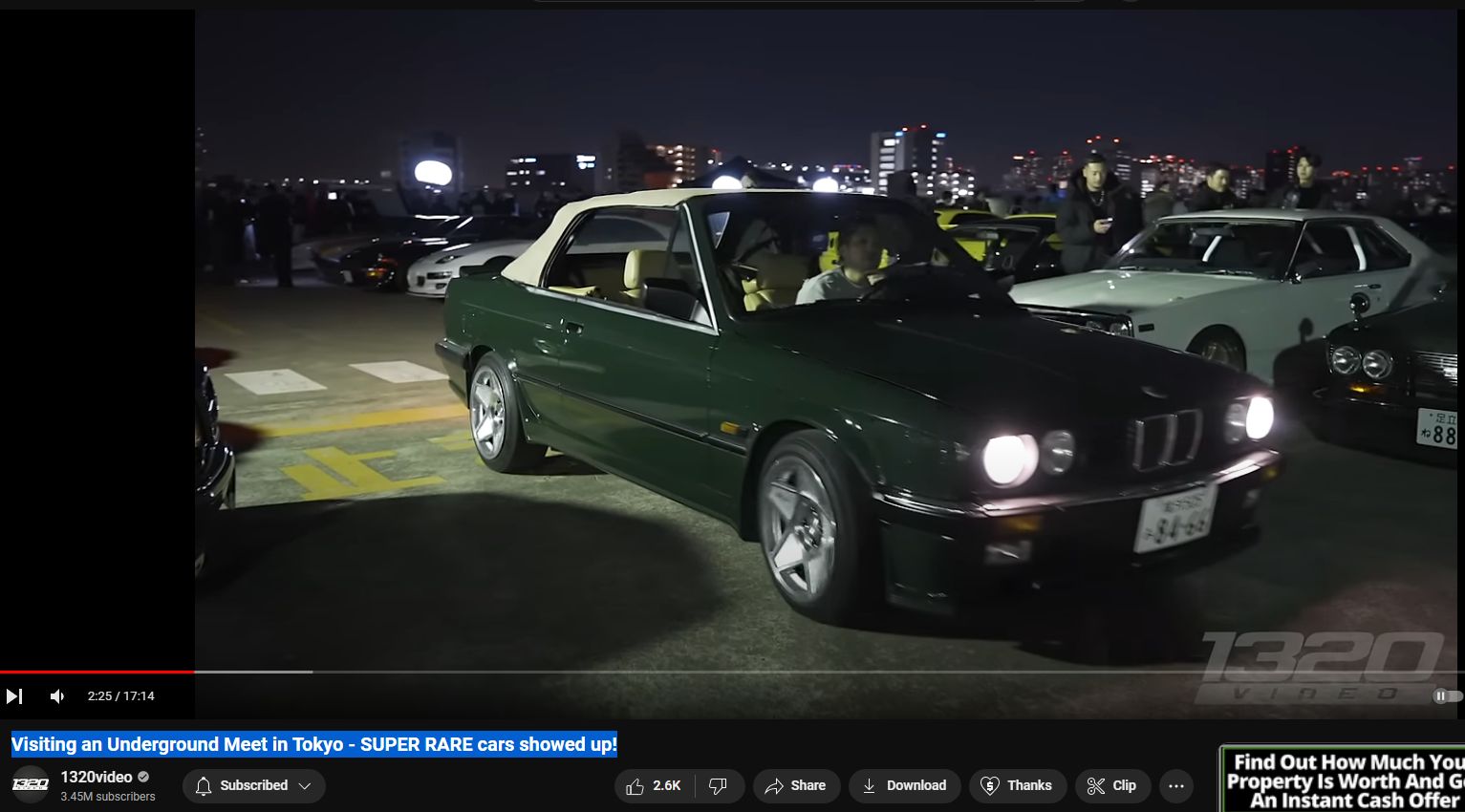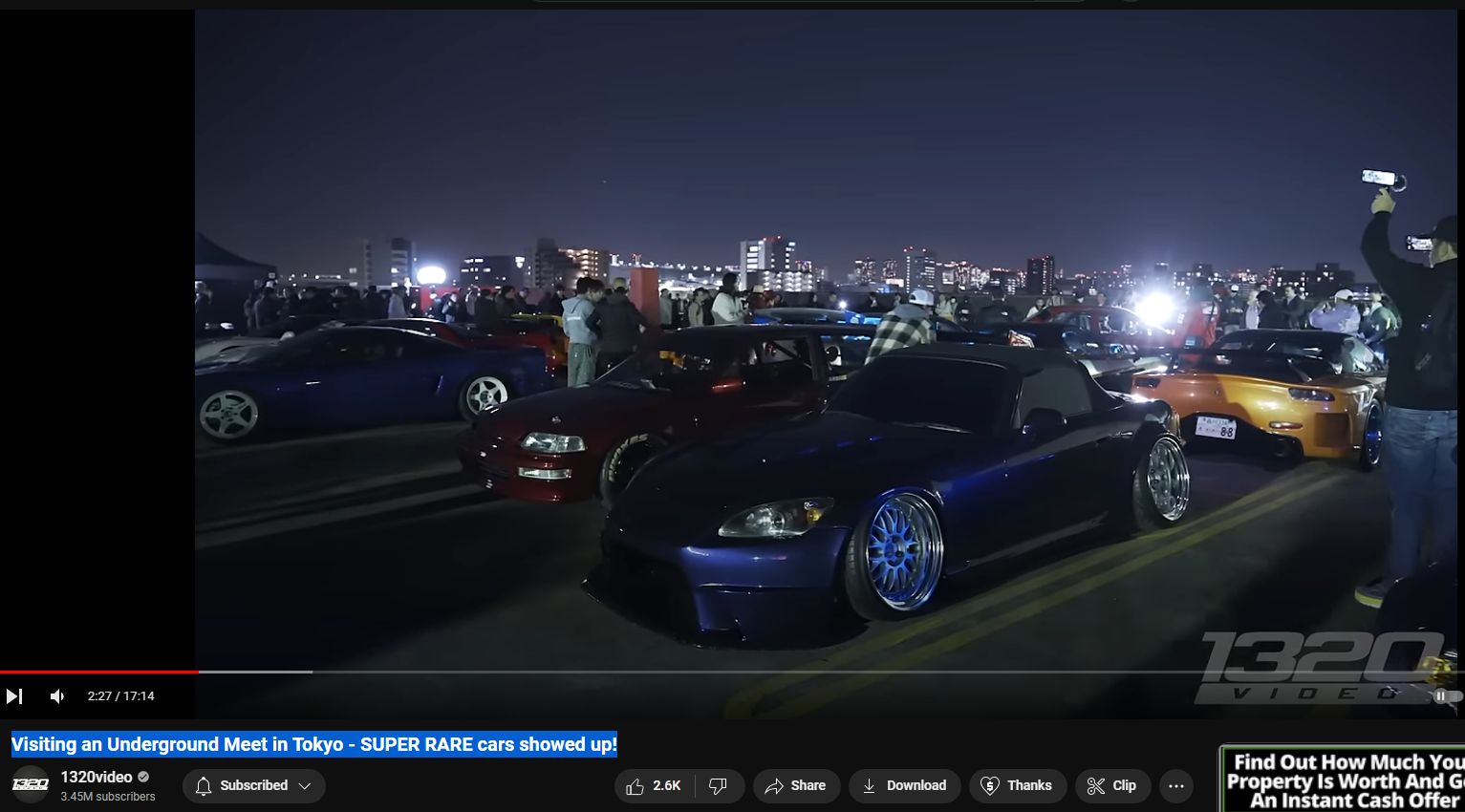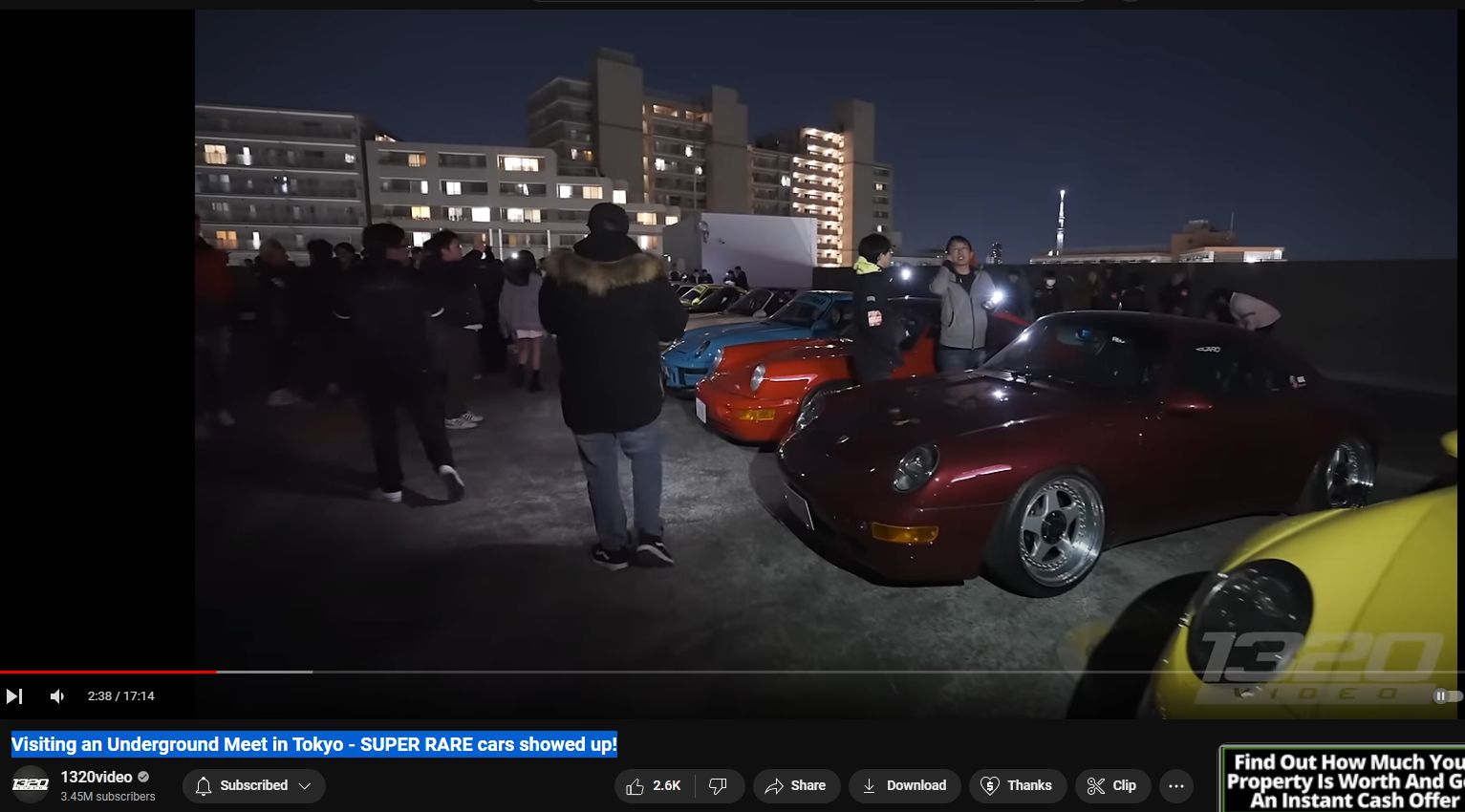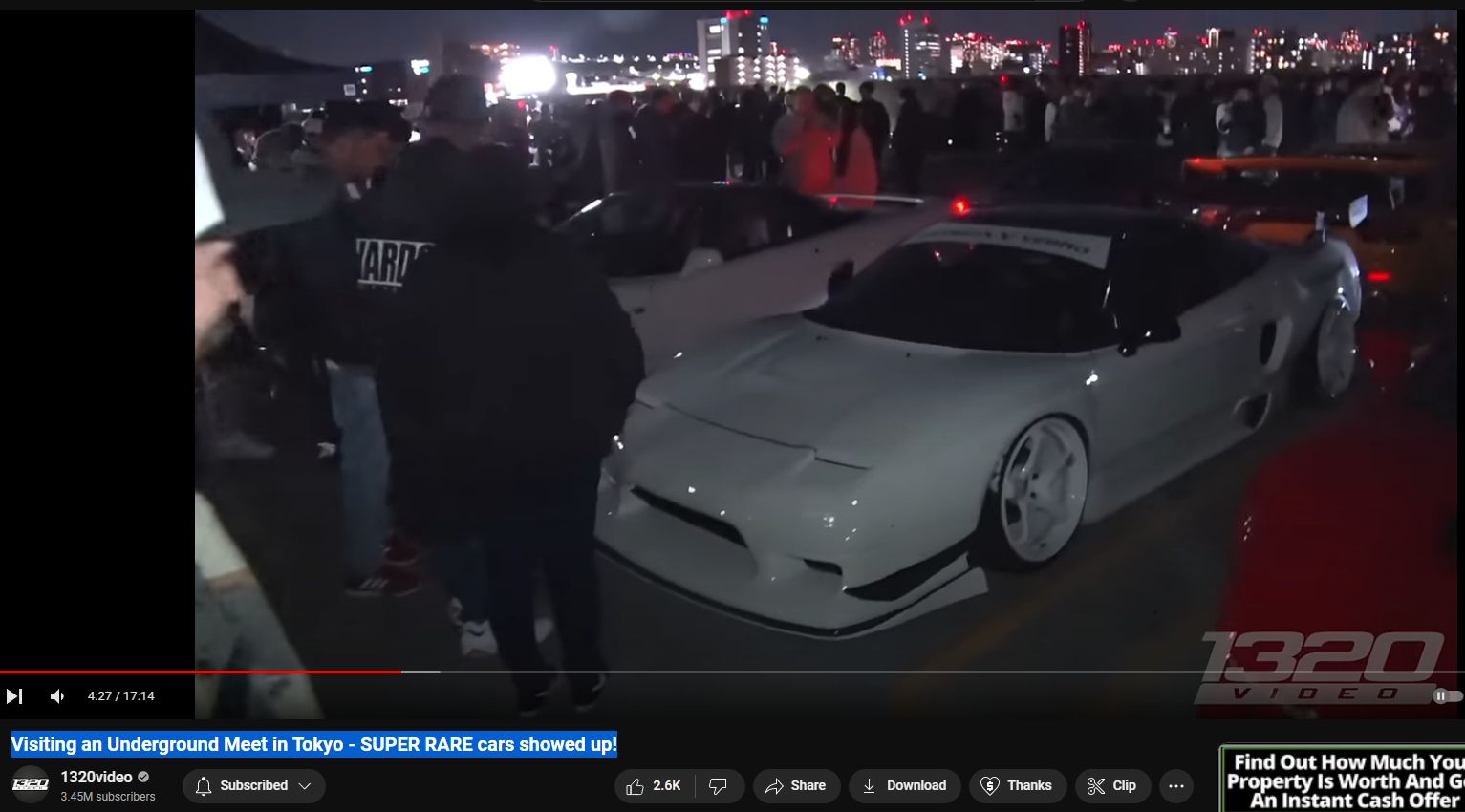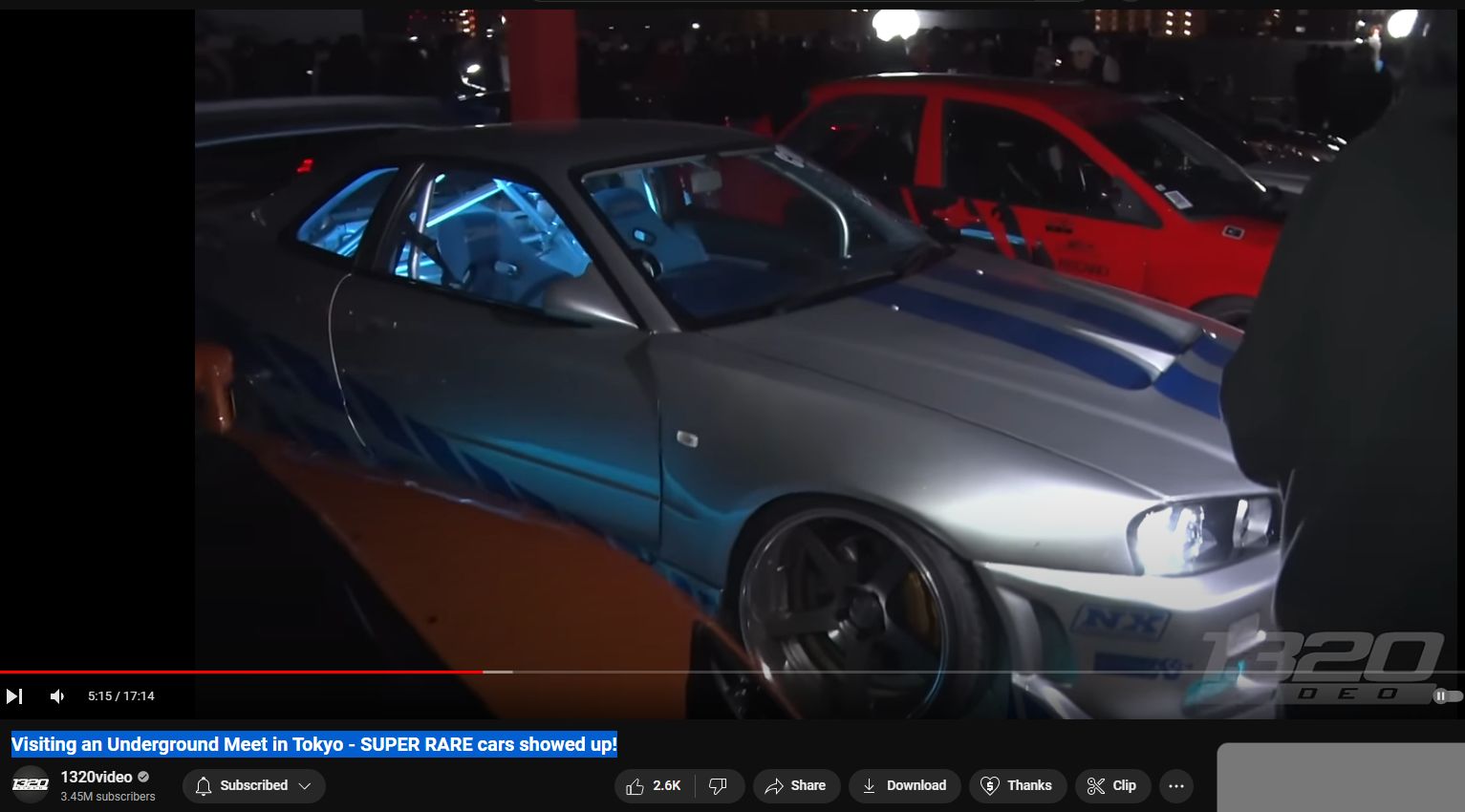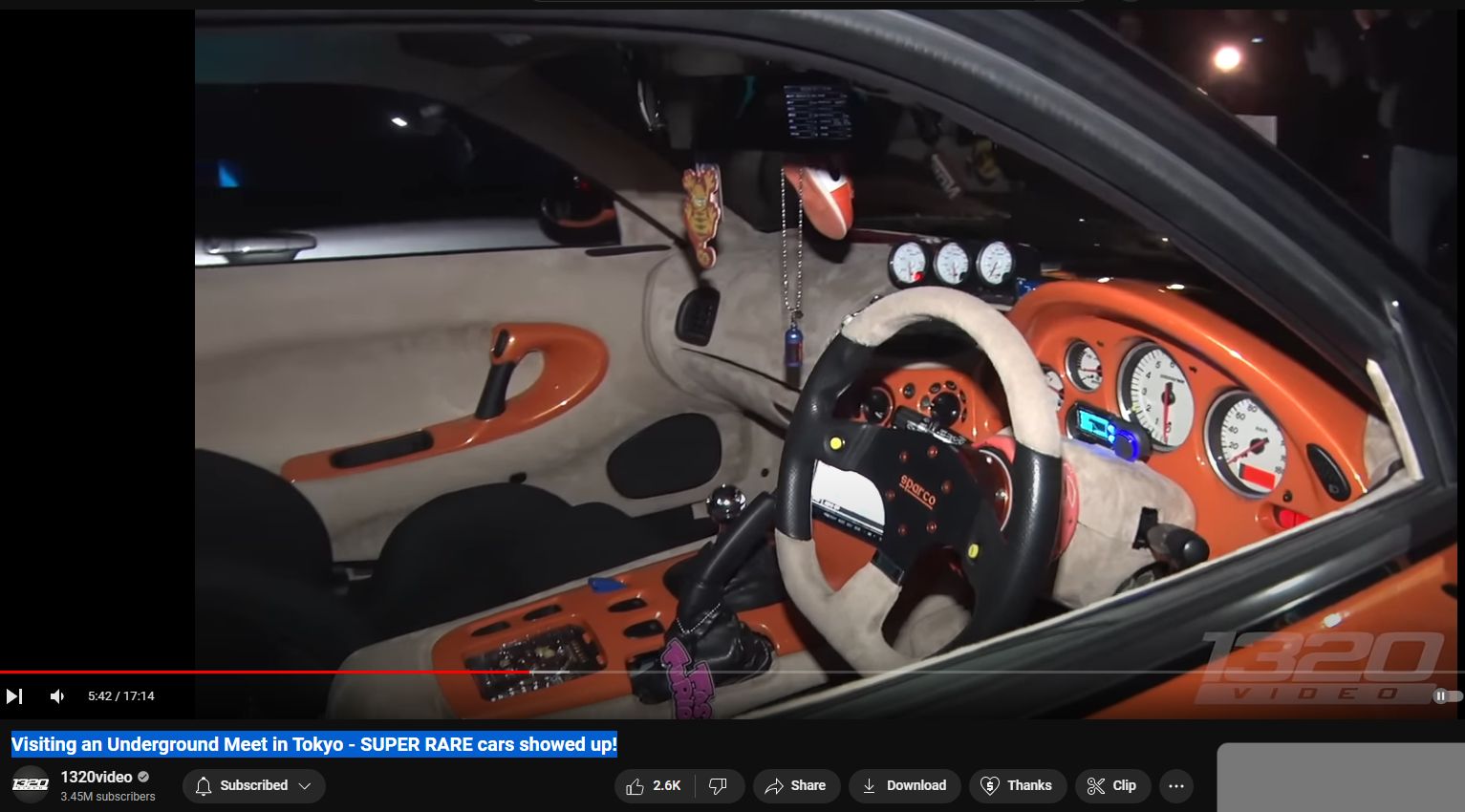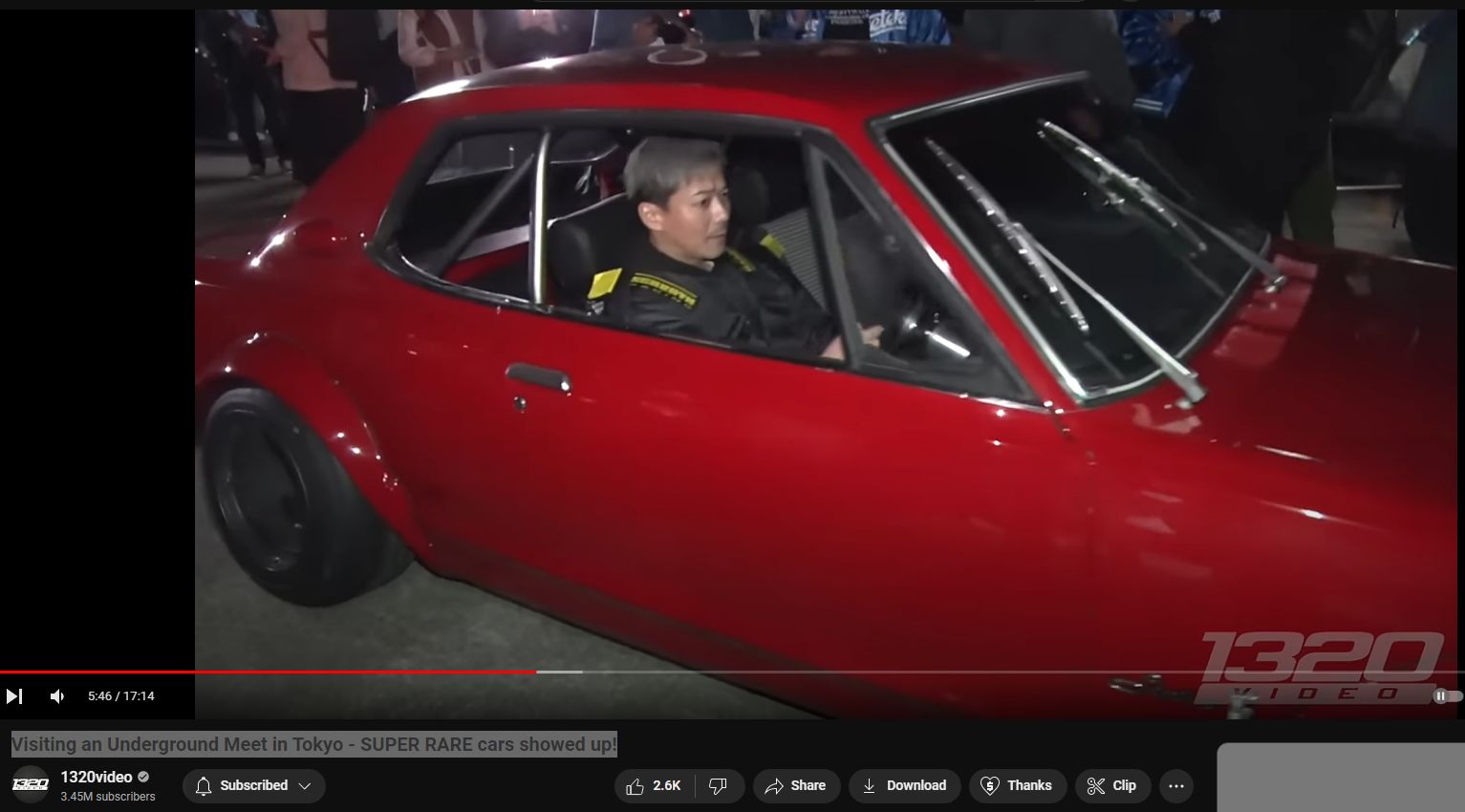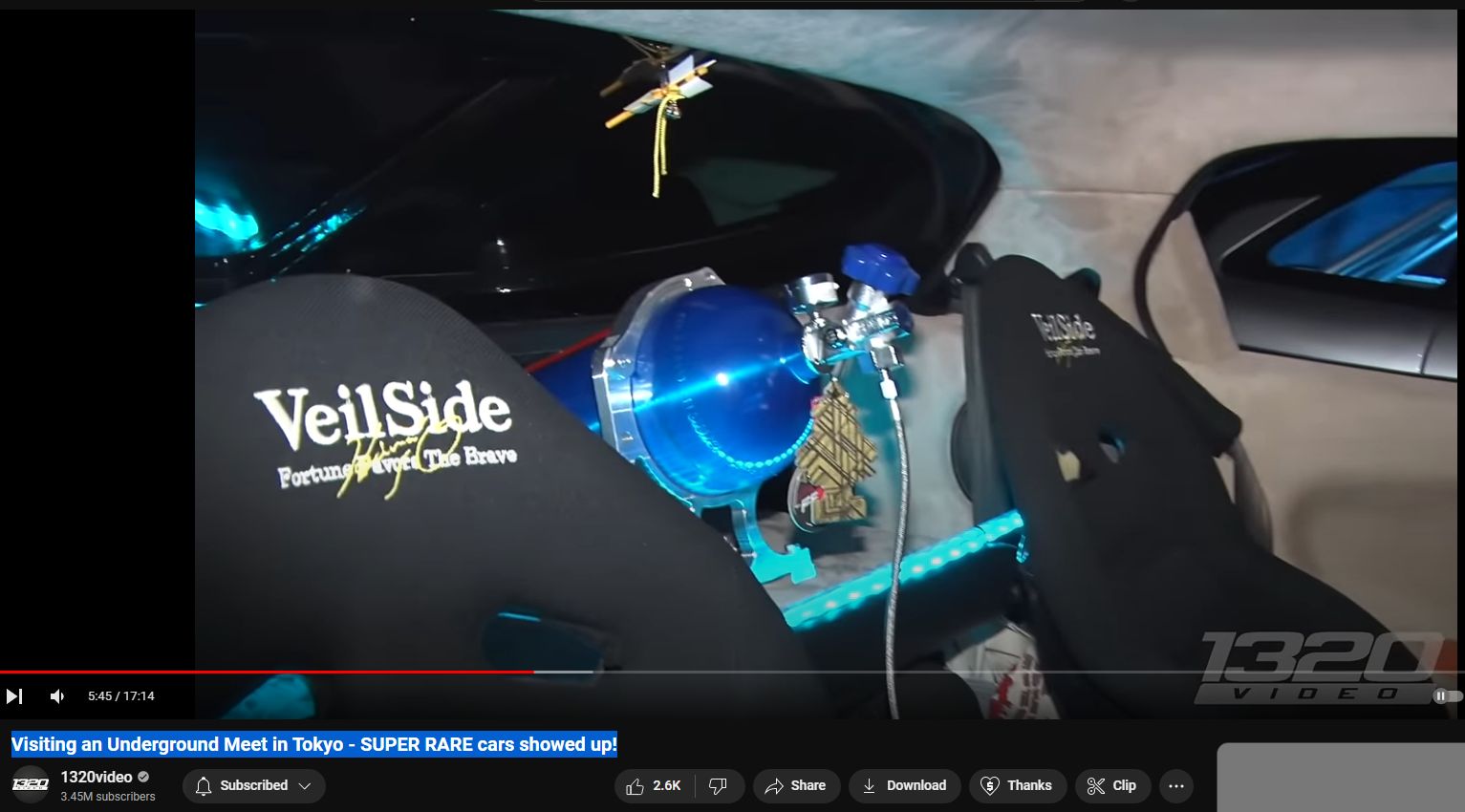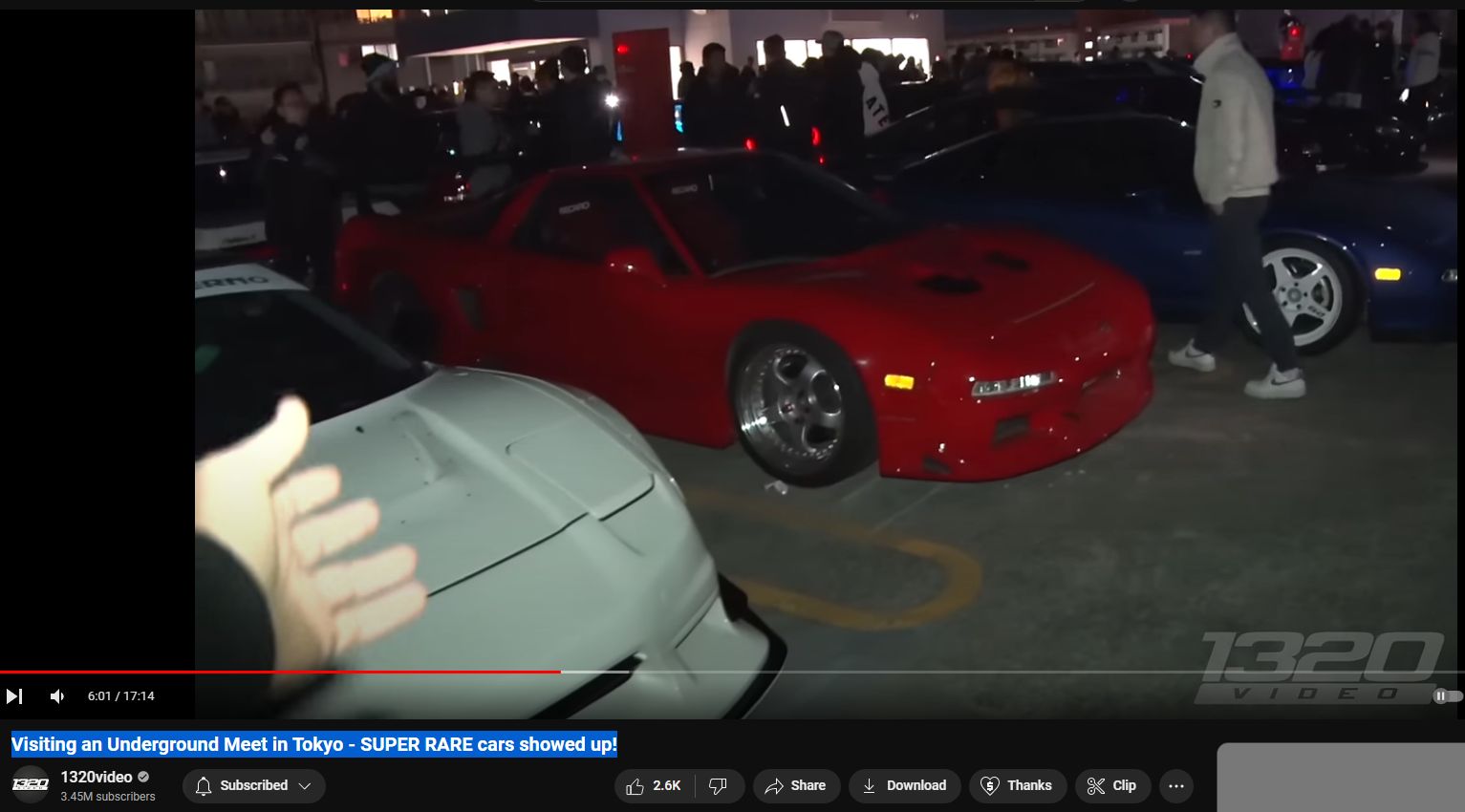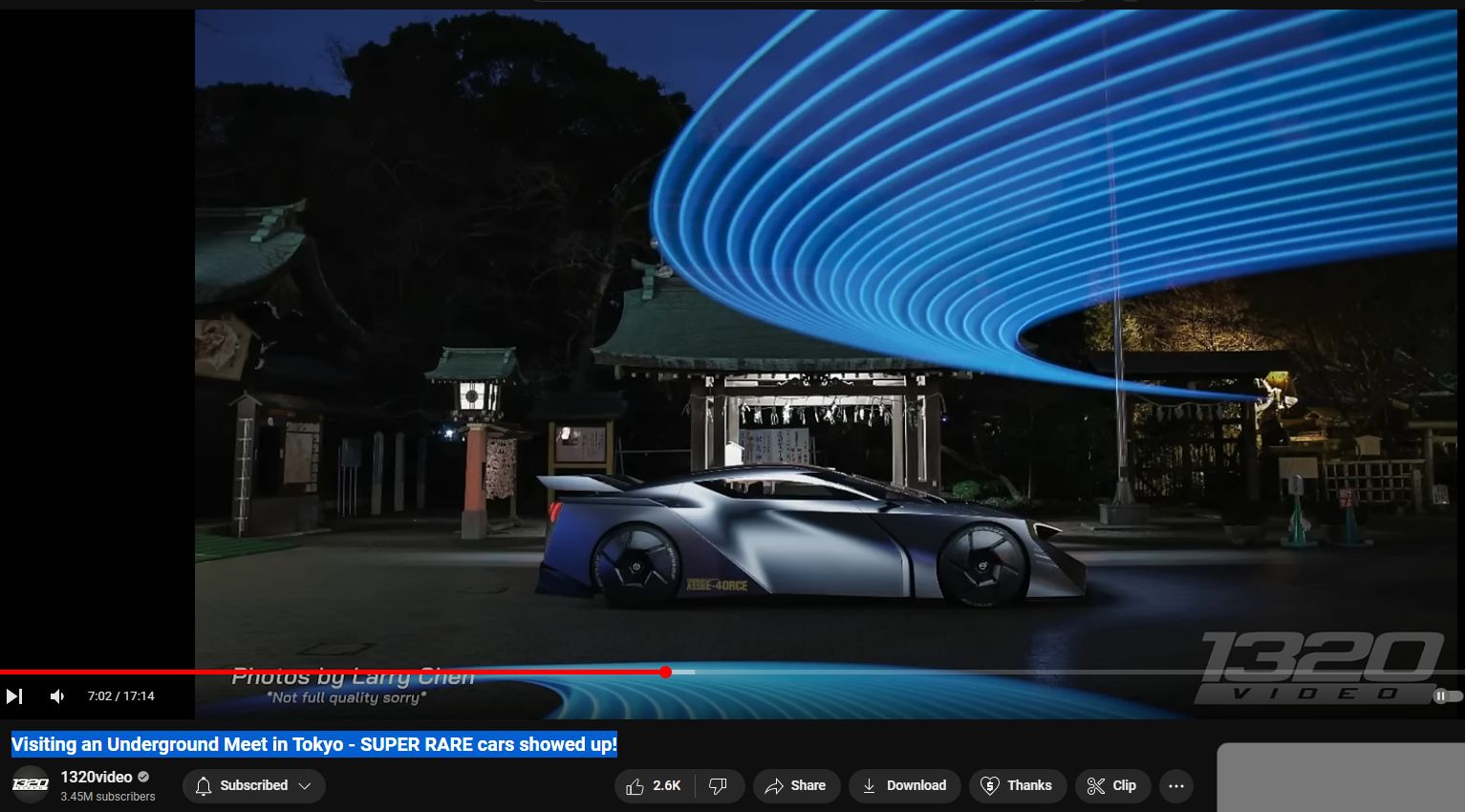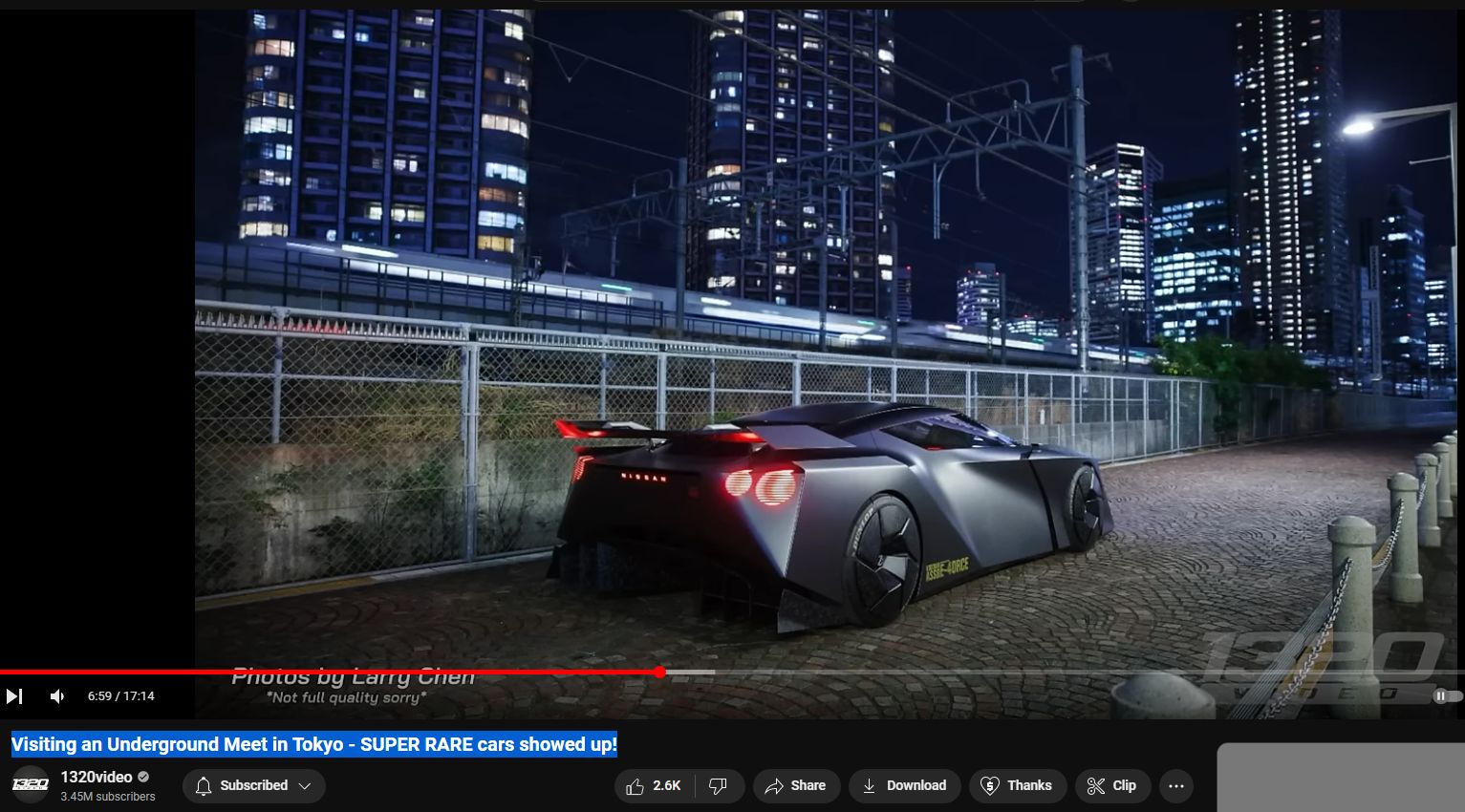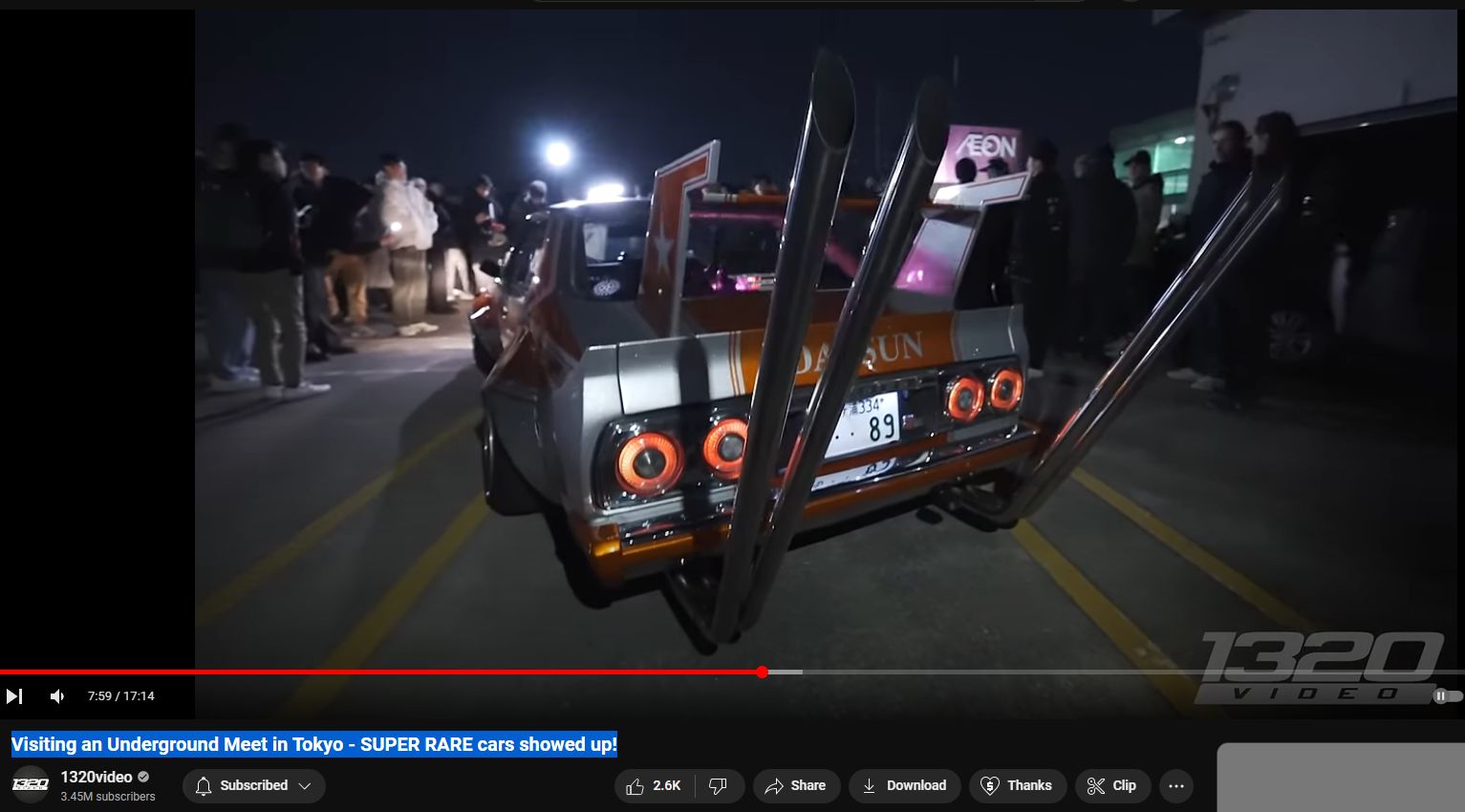“Enjoying cars with car people.”
Tokyo car meets are a vibrant and integral part of Japan’s automotive culture, reflecting the country’s deep passion for cars. These gatherings attract a diverse crowd of automotive enthusiasts, including those interested in JDM (Japanese Domestic Market) cars, classic vehicles, supercars, and customized creations. Tokyo, being a sprawling metropolis with a rich car culture, hosts numerous such meets throughout the year, offering a glimpse into the wide-ranging interests of the local car community.
### Types of Car Meets
– **JDM Meets**: Focus on Japanese domestic market vehicles, showcasing everything from tuned sports cars to classic models.
– **Supercar Meets**: Attract owners and fans of high-end supercars and luxury vehicles, both domestic and international makes.
– **Tuner and Modified Car Meets**: Highlight the creativity and engineering behind customized vehicles, including performance upgrades and aesthetic modifications.
– **Classic Car Meets**: Dedicated to the appreciation of vintage and classic cars, often featuring rare and restored models.
– **Themed Meets**: Sometimes, meets are organized around specific themes, brands, or types of modifications, such as drift cars, electric vehicles, or specific car makes.
### Popular Locations
– **Daikoku Futo PA**: One of the most famous spots for car meets in Tokyo, this parking area is located on a man-made island in Yokohama, part of the Tokyo metropolitan area. It attracts a wide variety of cars and is known for its spontaneous meets, especially on weekends and holidays.
– **Tatsumi PA**: Another popular location for car enthusiasts, offering a space for gatherings and showcasing vehicles against the backdrop of Tokyo’s skyline.
– **Odaiba**: An entertainment and shopping district on a man-made island in Tokyo Bay, known for hosting car events, meets, and shows.
### Car Meet Culture
The culture surrounding Tokyo car meets is one of respect and admiration. Attendees come to showcase their vehicles, exchange ideas, and meet other enthusiasts. It’s a community-driven environment where the love of cars transcends language barriers and cultural differences. Photography and socializing are significant aspects of these events, with many attendees sharing their experiences on social media platforms.
### Etiquette and Legal Concerns
While car meets are generally peaceful and focused on the appreciation of automotive culture, it’s important for attendees to be mindful of local laws and regulations. Unauthorized racing or reckless driving associated with certain gatherings can lead to legal issues and endanger public safety. Respect for the locations, other attendees, and the general public is paramount to ensuring that these meets remain a positive aspect of Tokyo’s car culture.
### Impact and Global Influence
Tokyo’s car meets have had a considerable impact on the global perception of Japanese car culture, inspiring automotive enthusiasts worldwide. The city’s automotive scene has been featured in films, documentaries, and video games, contributing to the global popularity of JDM cars and the tuner culture. For many car enthusiasts, attending a Tokyo car meet is a bucket-list experience, offering a direct connection to the heart of Japan’s automotive world.
https://www.youtube.com/watch?v=1MQtjlE0a8A
Car Culture
Car culture encompasses the broad and diverse community of enthusiasts who share a passion for automobiles, including their design, performance, history, and customization. This culture varies greatly around the world, influenced by regional preferences, legal regulations, and local automotive history. It’s a dynamic and inclusive realm that brings together people from all walks of life, united by their love for cars.
### Key Aspects of Car Culture
– **Collecting**: Many enthusiasts focus on collecting rare, vintage, or specific types of vehicles, restoring them to their original condition or preserving their heritage.
– **Customization**: Customizing cars to enhance performance, appearance, or both is a huge part of car culture. This includes everything from simple modifications like aftermarket wheels and exhaust systems to extensive engine overhauls and bodywork.
– **Racing and Motorsports**: Competitive racing, whether formal or informal, is a significant aspect. This includes drag racing, circuit racing, rallying, and drifting, among other motorsports.
– **Shows and Meets**: Car shows and meets are social events where enthusiasts gather to display their vehicles, share knowledge, and meet others with similar interests. These can range from small local gatherings to large international expos.
– **Subcultures**: Car culture encompasses various subcultures, each with its own preferences and styles. Examples include JDM (Japanese Domestic Market), muscle cars, tuner cars, lowriders, and supercars, among others.
### Global Variations
– **United States**: Known for its muscle car heritage and hot rod scene, the U.S. also has a strong interest in trucks and off-road vehicles. Car culture is celebrated in numerous shows, races, and events like SEMA and Cars and Coffee meets.
– **Japan**: Japanese car culture is renowned for its innovation in tuning, drifting, and the popularity of JDM cars. Iconic events like the Tokyo Auto Salon and spontaneous meets at places like Daikoku Futo showcase the country’s diverse automotive interests.
– **Europe**: European car culture is heavily influenced by its rich automotive history and the presence of legendary racing circuits like the Nürburgring. It’s home to a wide range of car enthusiasts, from those who love luxury and performance cars to fans of rallying and touring car championships.
– **Middle East**: In regions like the United Arab Emirates, car culture often revolves around luxury and exotic cars, with a growing interest in customizing and tuning. High-speed racing and drifting are also popular.
– **Australia**: Known for its V8 muscle cars, Australia has a vibrant car scene that includes utes, classic Ford and Holden models, and a strong interest in motorsports, epitomized by events like the Bathurst 1000.
### Challenges and Evolution
Car culture faces challenges from environmental concerns, urbanization, and shifting attitudes towards car ownership among younger generations. However, it’s also evolving with advancements in technology, such as the rise of electric vehicles (EVs) and autonomous cars, opening up new avenues for enthusiasts to explore.
### Community and Identity
At its core, car culture is about community and identity. It provides a space for individuals to express themselves, share their achievements, and form lasting connections with others who share their passion. Through clubs, online forums, social media, and events, car culture fosters a sense of belonging and camaraderie among enthusiasts.
